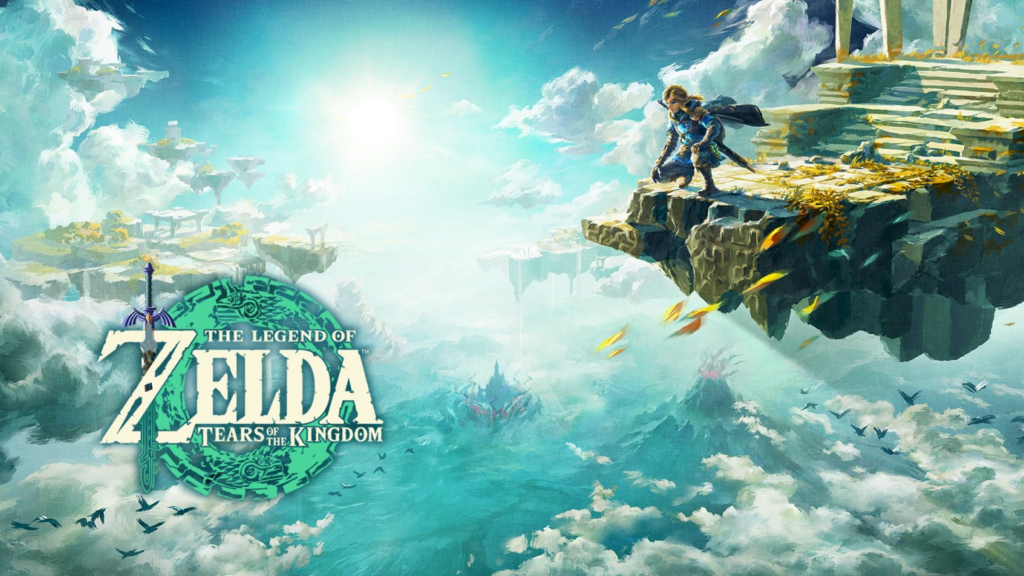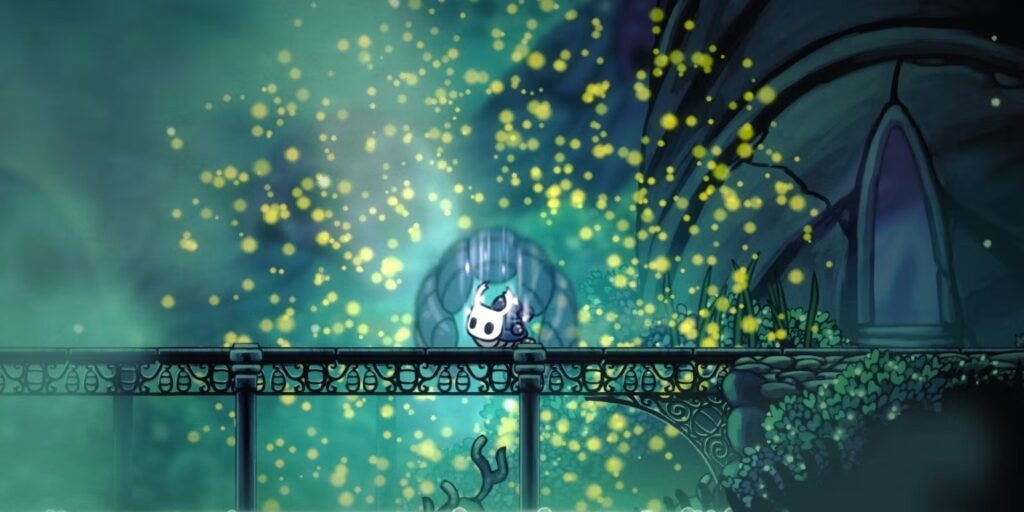Contact
Genre Breakdown: The Witcher 3: Wild Hunt
The Witcher 3: Wild Hunt, developed by CD Projekt Red, stands as a monumental achievement in the role-playing game (RPG) genre. Set in a vast open world, the game immerses players in a rich and immersive narrative, offering a plethora of quests, memorable characters, and impactful choices. In this review, we will delve into the key elements that make The Witcher 3 an outstanding representative of the RPG genre, including its storytelling, character development, open-world exploration, and immersive gameplay mechanics.
Storytelling: A Riveting Saga
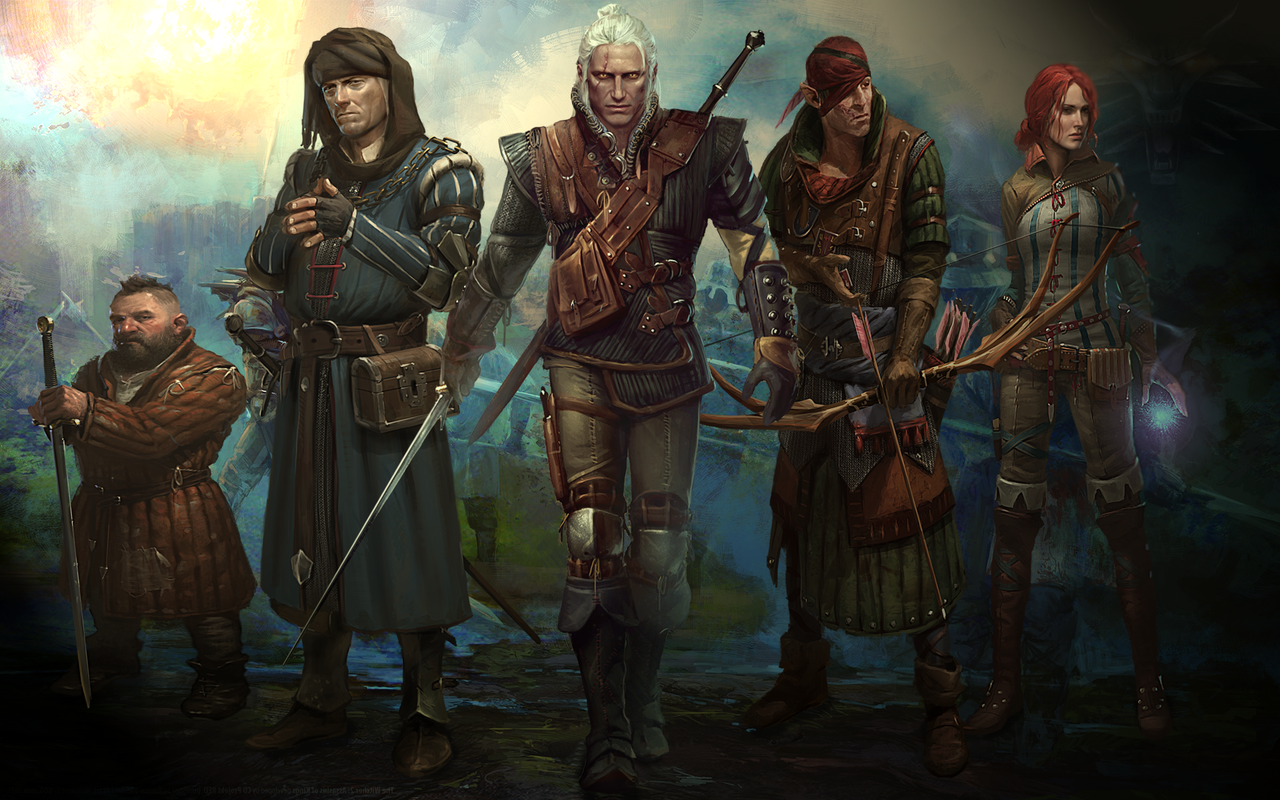
The Witcher 3: Wild Hunt is renowned for its captivating storytelling, weaving a complex and morally gray narrative that draws players into its world. Here are some key aspects of the game’s storytelling:
- Engaging Main Questline: The main questline of The Witcher 3 follows Geralt of Rivia, a skilled monster hunter known as a Witcher, as he embarks on a perilous journey to find his adopted daughter, Ciri. The narrative is filled with political intrigue, personal struggles, and epic confrontations, keeping players invested in the story from start to finish.
- Branching Narrative: The game features a branching narrative system that allows players to make choices that have far-reaching consequences. These choices can alter the course of the story, leading to different outcomes and endings. The intricate web of choices adds depth and replayability to the game, as players strive to explore different paths and witness the consequences of their decisions.
- Well-Written Side Quests: The Witcher 3 sets a new standard for side quests in RPGs. The game is filled with a staggering number of well-crafted side quests that offer unique stories, memorable characters, and meaningful choices. These quests often delve into moral dilemmas, challenging players to make difficult decisions that can have unexpected consequences. The quality and depth of the side quests contribute to the overall richness of the game’s storytelling.
The Witcher 3: Wild Hunt excels in its storytelling, delivering a riveting saga filled with complex characters, moral dilemmas, and impactful choices. The game’s narrative depth and branching paths provide players with a deeply immersive and engaging RPG experience.
Character Development: The White Wolf’s Journey
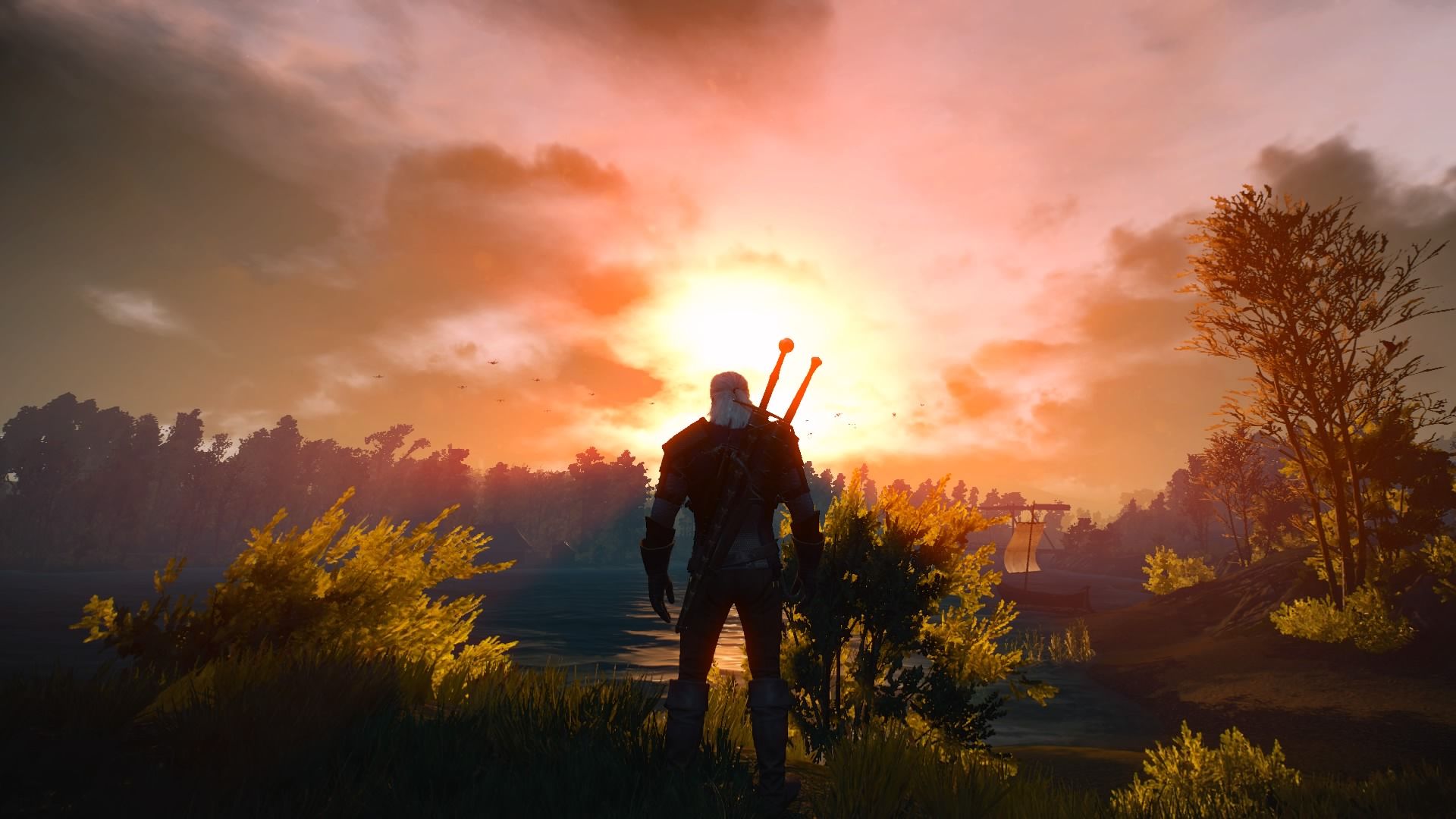
The Witcher 3 places a strong emphasis on character development, both for its protagonist Geralt and the supporting cast. Here are some notable elements of character development in the game:
- Geralt of Rivia: Geralt serves as the central character in The Witcher 3, and his development throughout the game is masterfully executed. As players progress, they have opportunities to shape Geralt’s personality and moral compass through dialogue choices and actions. Geralt’s interactions with other characters, as well as his personal struggles and growth, contribute to a nuanced and believable portrayal of the White Wolf.
- Memorable Supporting Characters: The Witcher 3 is filled with a diverse cast of memorable characters, each with their own unique stories and motivations. From powerful sorceresses to cunning merchants and conflicted rulers, the game’s characters are well-written and expertly voice-acted, bringing the world to life. The relationships and interactions between Geralt and these characters add depth and emotional resonance to the game.
- Companion Characters: Throughout Geralt’s journey, he encounters several companion characters who join him on his quests. These companions, such as the fiery sorceress Yennefer or the charismatic bard Dandelion, offer additional layers of storytelling and character development. The interactions and dynamics between Geralt and his companions provide insight into their backgrounds, motivations, and personal growth.
The Witcher 3 excels in character development, presenting players with a rich and diverse cast of characters who undergo personal growth and transformation. The depth and complexity of the characters contribute to the game’s immersive narrative and make for a truly memorable RPG experience.
Open-World Exploration: A Vast and Living World
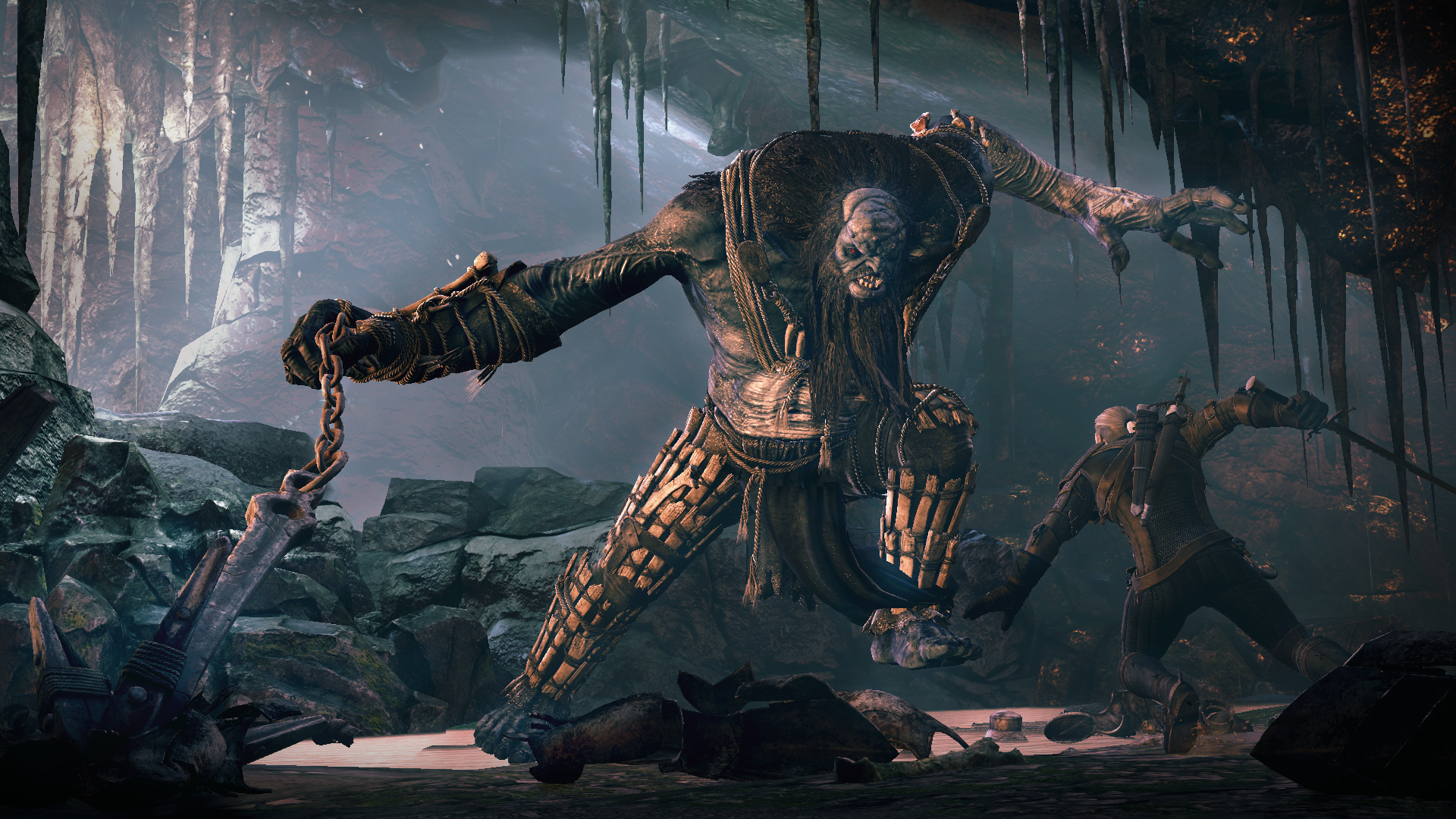
The Witcher 3 features a sprawling open world, brimming with breathtaking landscapes, bustling cities, and hidden secrets. Here are some key elements of the game’s open-world exploration:
- Vast and Diverse Environments: The game’s world is meticulously crafted, offering diverse landscapes ranging from dense forests and windswept plains to towering mountains and war-torn ruins. Each region feels distinct, with its own unique atmosphere and visual design. The attention to detail in the world-building immerses players in a living and breathing environment.
- Points of Interest and Side Activities: The open world is filled with points of interest, including monster nests, bandit camps, and hidden treasure caches. Exploring these locations not only rewards players with valuable loot but also presents opportunities for engaging combat encounters and additional quests. In addition to combat-focused activities, the game offers a variety of side activities, such as horse racing, Gwent (a cardgame within the game), and hunting rare creatures. These diversions provide a welcome break from the main questline and add depth to the world.
- Dynamic Day-Night Cycle and Weather: The Witcher 3 features a dynamic day-night cycle and weather system that enhances the sense of immersion. The world undergoes visual and atmospheric changes as the day progresses, with NPCs going about their daily routines and wildlife behaving differently. The weather can also impact gameplay, affecting visibility, combat, and exploration. These dynamic elements breathe life into the world and create a sense of realism.
The open-world exploration in The Witcher 3 is a standout feature of the game, offering players a vast and meticulously crafted world to discover. The diverse environments, points of interest, and dynamic elements make for an immersive and rewarding exploration experience.
Immersive Gameplay Mechanics: Mastering the Art of Combat and Alchemy
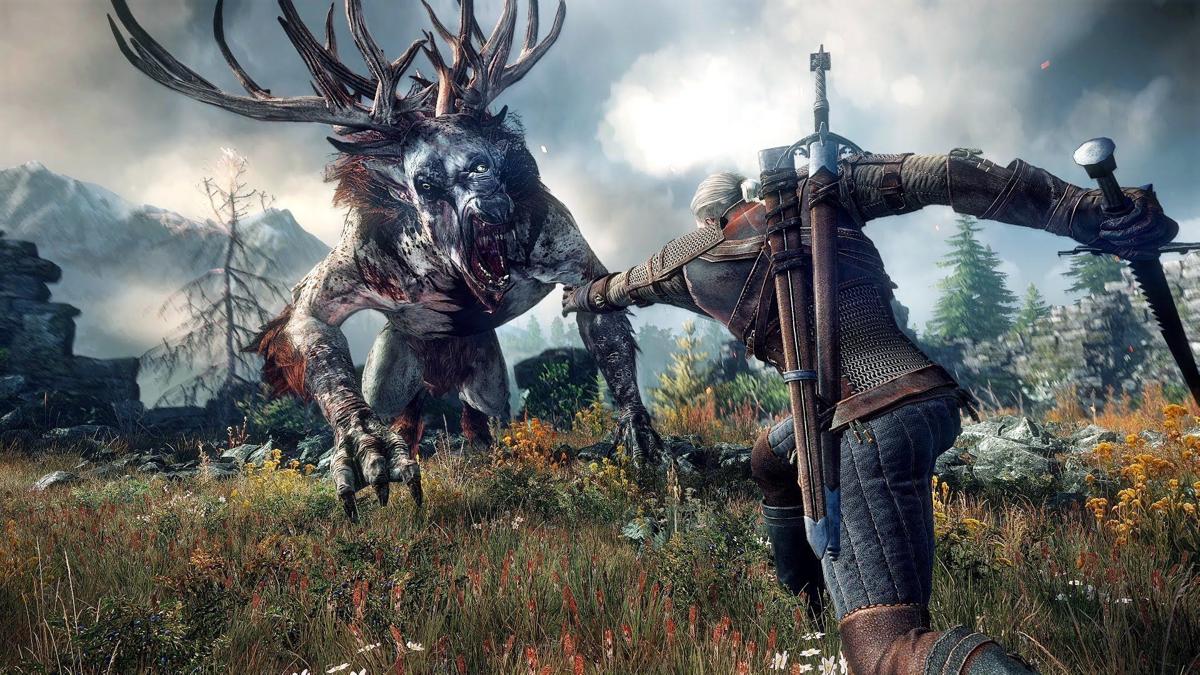
The Witcher 3 combines deep and strategic gameplay mechanics with fluid and satisfying combat, making it a standout RPG in terms of gameplay. Here are some key elements of the game’s immersive gameplay mechanics:
- Combat System: The combat in The Witcher 3 strikes a balance between tactical decision-making and fast-paced action. Geralt can utilize a combination of swordplay, magic spells (known as signs), and alchemical potions to overcome his foes. Players must learn enemy patterns, exploit weaknesses, and time their attacks and dodges effectively to succeed in combat encounters. The variety of enemy types and challenging boss battles keep combat engaging throughout the game.
- Alchemy and Crafting: The game features a robust alchemy and crafting system that allows players to create potions, bombs, and other useful items. Alchemy plays a significant role in Geralt’s preparations for battles, as potions can enhance his abilities and provide advantages against specific enemies. Crafting allows players to create and upgrade weapons, armor, and other equipment, further customizing Geralt’s playstyle.
- Character Progression: The Witcher 3 offers a deep character progression system that allows players to tailor Geralt’s abilities to their preferred playstyle. Players can invest points in various skill trees, including combat, signs, and alchemy, unlocking new abilities and upgrades. This system provides a sense of progression and empowers players to build Geralt according to their preferred approach to combat.
The immersive gameplay mechanics of The Witcher 3 ensure that players are not only engrossed in the game’s narrative but also rewarded with satisfying and strategic gameplay experiences. The combat system, alchemy and crafting mechanics, and character progression contribute to the game’s overall depth and replayability.
Conclusion
The Witcher 3: Wild Hunt exemplifies the best elements of the RPG genre, offering an epic and immersive experience that captivates players from start to finish. Its storytelling, character development, open-world exploration, and immersive gameplay mechanics set a new standard for RPGs. The game’s engrossing main questline, branching narrative, and well-written side quests provide a rich and compelling narrative experience. The depth and complexity of the characters, as well as their personal growth, make for a memorable journey. The vast and diverse open world, filled with points of interest and side activities, invites players to explore and discover its secrets. Finally, the game’s immersive combat system, alchemy and crafting mechanics, and character progression add depth and strategy to the gameplay. The Witcher 3: Wild Hunt is a true masterpiece that embodies the essence of the RPG genre, and its impact on the gaming industry will be felt for years to come.


